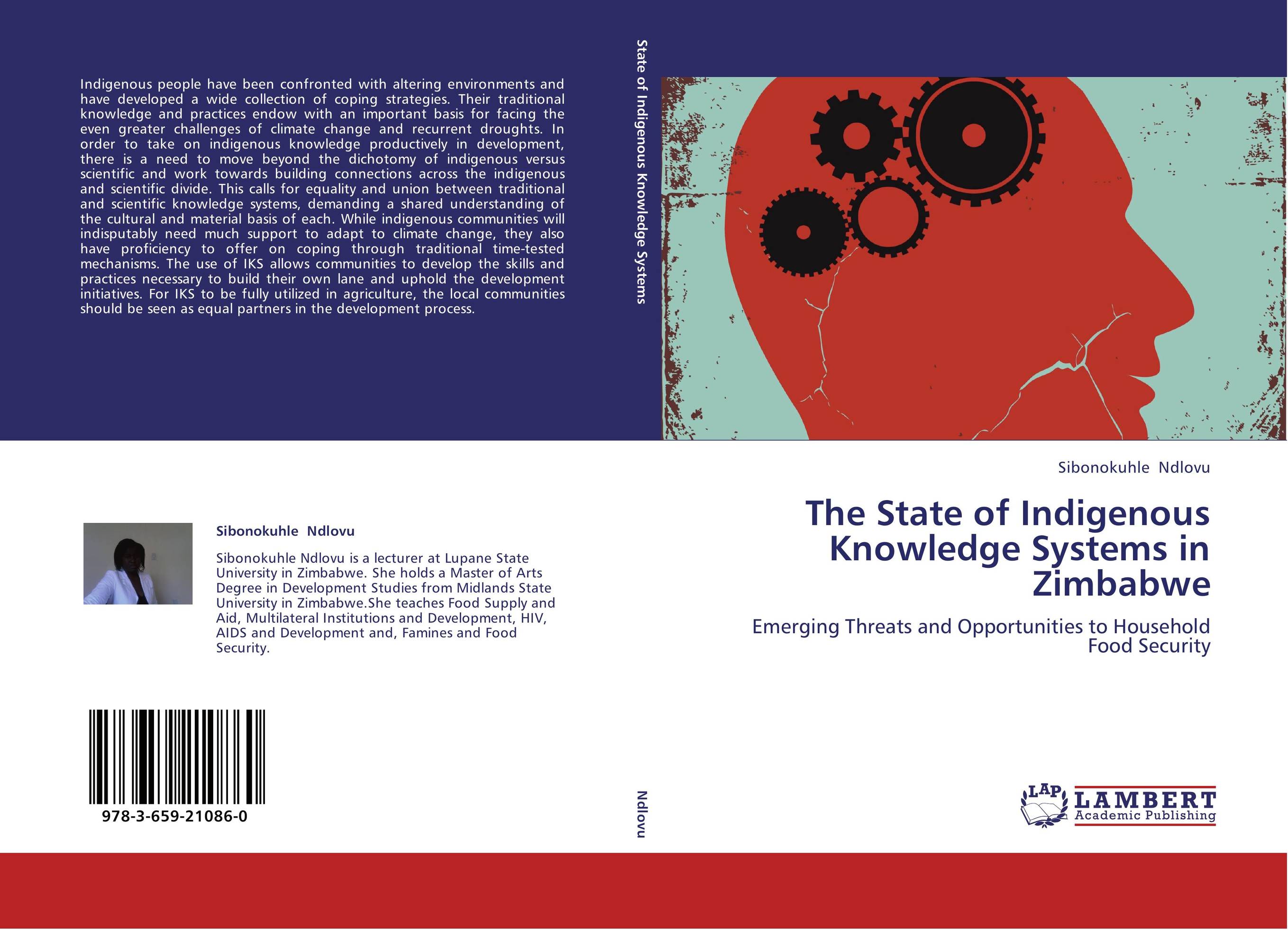| Поиск по каталогу |
|
(строгое соответствие)
|
- Профессиональная
- Научно-популярная
- Художественная
- Публицистика
- Детская
- Искусство
- Хобби, семья, дом
- Спорт
- Путеводители
- Блокноты, тетради, открытки
The State of Indigenous Knowledge Systems in Zimbabwe. Emerging Threats and Opportunities to Household Food Security

В наличии
| Местонахождение: Алматы | Состояние экземпляра: новый |

Бумажная
версия
версия
Автор: Sibonokuhle Ndlovu
ISBN: 9783659210860
Год издания: 2012
Формат книги: 60×90/16 (145×215 мм)
Количество страниц: 140
Издательство: LAP LAMBERT Academic Publishing
Цена: 37916 тг
Положить в корзину
| Способы доставки в город Алматы * комплектация (срок до отгрузки) не более 2 рабочих дней |
| Самовывоз из города Алматы (пункты самовывоза партнёра CDEK) |
| Курьерская доставка CDEK из города Москва |
| Доставка Почтой России из города Москва |
Аннотация: Indigenous people have been confronted with altering environments and have developed a wide collection of coping strategies. Their traditional knowledge and practices endow with an important basis for facing the even greater challenges of climate change and recurrent droughts. In order to take on indigenous knowledge productively in development, there is a need to move beyond the dichotomy of indigenous versus scientific and work towards building connections across the indigenous and scientific divide. This calls for equality and union between traditional and scientific knowledge systems, demanding a shared understanding of the cultural and material basis of each. While indigenous communities will indisputably need much support to adapt to climate change, they also have proficiency to offer on coping through traditional time-tested mechanisms. The use of IKS allows communities to develop the skills and practices necessary to build their own lane and uphold the development initiatives. For IKS to be fully utilized in agriculture, the local communities should be seen as equal partners in the development process.
Ключевые слова: food security, drought, Coping Mechanism, Indigenous Knwoledge



